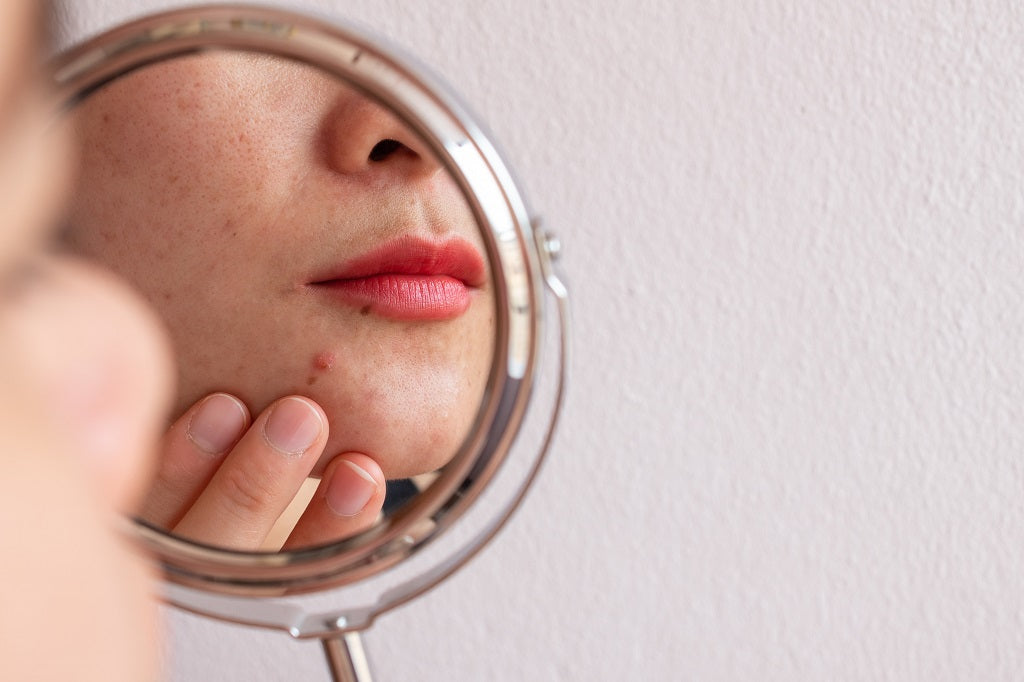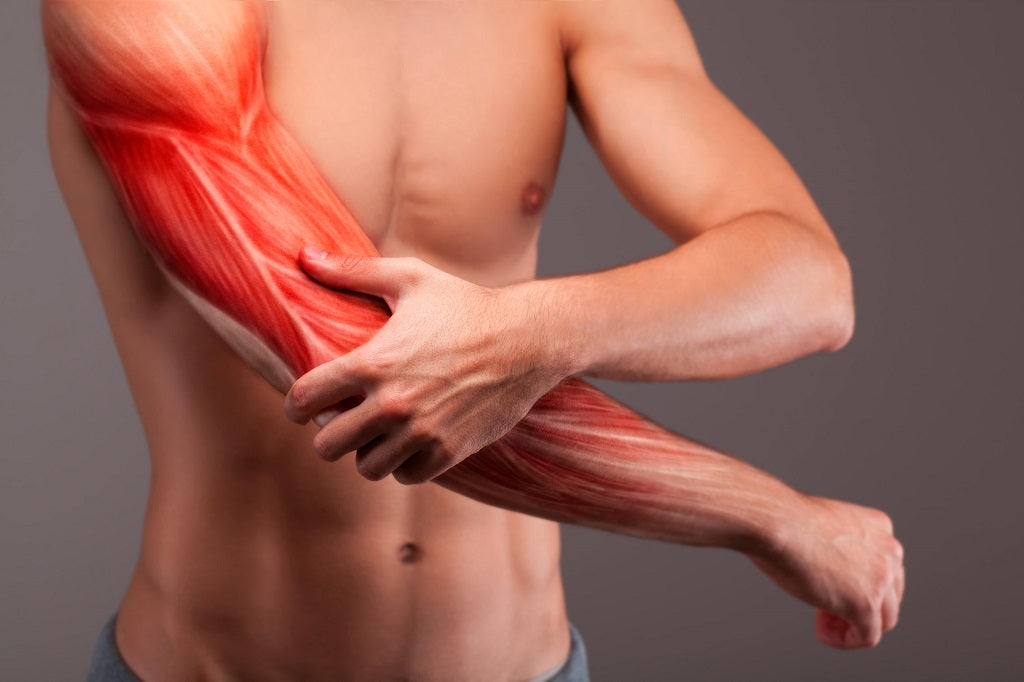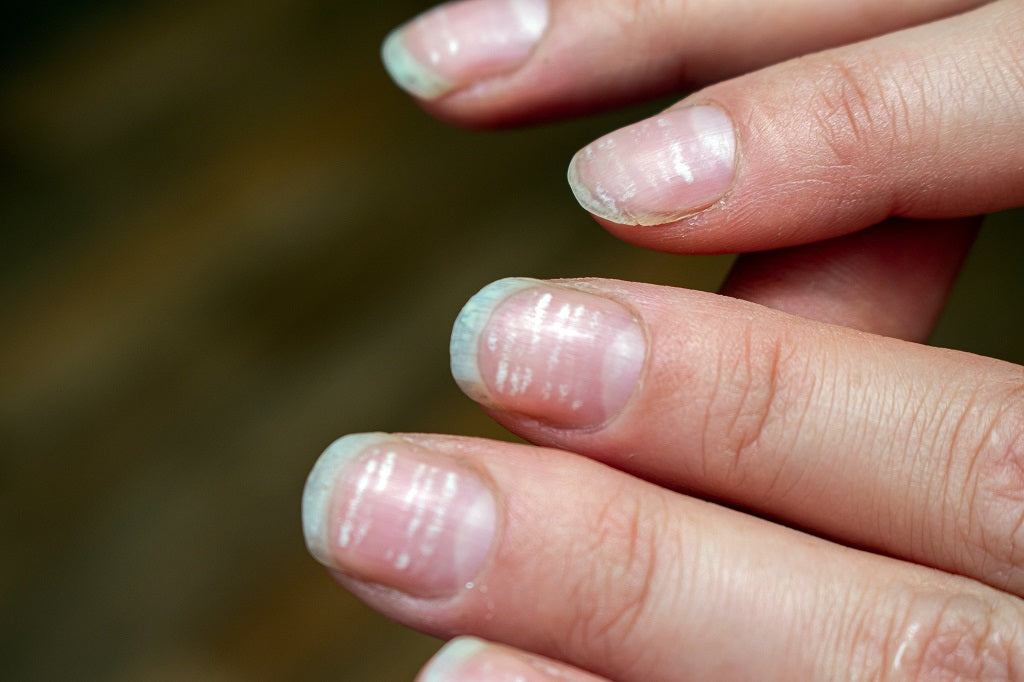Acne can affect any part of your body, including your face, neck, chest, and back. However, some types of acne and skin conditions similar to acne can make your skin itchy or uncomfortable. Itchy skin accompanied by acne lesions can lead to severe stress. However, you can treat itchy skin conditions similar to acne.
Continue reading to learn how acne forms and what factors can cause itching and itchy acne management tips. We will also discuss itchy skin conditions similar to acne and science-based treatments that will help you eliminate those itchy breakouts.
What Is Acne?
Nearly everyone suffers from acne at some point in their lives. Without serious effort, acne management can be a meticulous task. Acne is most commonly found in adolescents and adults. Inflammation of the hair follicles and glands of the skin causes acne. Other factors that contribute to acne include:
- Excess sebum production (an oily product from the sebaceous cells that is responsible for lubricating skin and hair)
- Pores of the skin can get clogged with dirt, dead skin cells, and other debris.
- Infection of the sebaceous glands.
- Stress
Acne can cause a lot of discomforts and can be painful and itchy.
What Causes Acne To Itch?
Acne can be categorized into two main types:
- Comedonal: Comedonal acne appears as black, and whiteheads formed when oil and sebum get clogged up in the pores. These comedones are usually scattered along the T-zone.
- Inflammatory: Inflammatory acne causes red pimples and cystic breakouts. This inflammatory or itchy acne can be painful and challenging to treat. Inflammatory acne can range in severity; from mild pimples and pustules to large, tender, and often painful nodules (cystic acne).
Micro-organisms such as bacteria reside on the surface of the skin. If bacteria start to multiply within a comedone, it can cause severe infection, inflammation, and pain, resulting in painful, itchy acne.
Also Read : 6 Reasons For Acne
It may feel itchy and uncomfortable around your acne lesions if you have inflammatory acne. But what causes acne to itch? According to studies, stress, heat, and sweating can aggravate inflammation and cause itchiness. Additionally, itchy acne may also be caused by the following factors:
1. Skin Dryness
Skin dryness can result in itchy and acne-prone skin. It's normal for your skin to feel itchy and uncomfortable when dry.
2. Prolonged Exposure to Sunlight
Prolonged exposure to sunlight can cause sunburn. Sunburn can cause itchy and uncomfortable skin. This type of itching starts one or two days after sunburn and can be very painful.
3. Acne Treatments
Certain over-the-counter anti-acne and medicated creams can dry out your skin, causing it to become itchy and uncomfortable. It increases your urge to scratch your skin, aggravating the situation.
Why don't you check out 24k Gold Goodbye Acne Kit from Anveya. It comes with a cleanser and serum containing Azelaic Acid, Niacinamide, Tea tree oil, and other ingredients immensely effective in fighting acne.
ANVEYA 24K GOLD GOODBYE ACNE KIT
- Helps in skin renewal
- Fights against acne causing bacteria
- Control sebum secretion
- Calms and soothes active acne
- Works on acne scarring and blemishes
4. Healing Process
Itchy skin can sometimes be a sign your acne treatment is working. Wounds that are healing quickly are often accompanied by itchy skin as more and more cells are growing around them and attaching to close the wound.
Itchy skin may be due to your skin reactions to a new skincare product, weather, or other external factors.
Other Itchy Skin Conditions
Often, breakouts of itchy acne can be due to certain skin conditions similar to acne. Entirely different factors than acne can often cause these skin conditions, so acne treatments might not work. Following are some itchy skin conditions that mimic 'itchy acne.
1. Rosacea
Rosacea can cause redness, acne-like breakouts, and inflammation on your cheeks, nose, and chin.
Many of the symptoms are similar to acne.
2. Eczema
Eczema, also known as atopic dermatitis or eczema, is a condition that causes the skin to lose its moisture and to have difficulty making the oils and fats it needs to be healthy. It may appear as small bumps or rough skin. Sometimes it can also cause red or brown spots that ooze, swell, and become crusty. Eczema is most commonly characterized by itchy skin.
Also Read : 10 effective Home Remedies For Eczema
3. Folliculitis
Folliculitis is a skin condition caused by bacterial infection of the hair follicles; a viral or fungal infection can also cause it. Any part of the body where hair grows can be affected by folliculitis. Inflamed hair follicles look similar to itchy acne. Folliculitis is caused mainly by spending too much time in the bathtub. It can also be caused by wearing tight clothes, waxing or shaving, or using certain skincare products.
4. Perioral Dermatitis
It is a skin condition with a reddish, scaly, bumpy, inflamed rash around the mouth. It can spread to your nose, eyes, forehead, and neck. The bumps can sometimes produce a clear fluid and cause mild itching or burning sensations.
Why Shouldn't You Scratch Your Acne?
Your acne may feel itchy and irritated, leading to an overwhelming urge to scratch it. The following are some reasons why it's important not to scratch acne-prone skin:
1. Scratching Can Aggravate Your Acne
Acne-prone skin is itchy, and you may constantly feel the urge to scratch your skin. Scratching can spread the infection and cause your acne to become worse.
2. Frequent Touching Can Infect Your Skin
There is a risk that bacteria can spread from your hands to a pimple if you touch them. It can lead to more severe itching and infection.
3. Scratching May Result In Permanent Acne Scarring
Constant scratching or popping pimples can worsen itchy acne.
Itchy Acne Breakouts: How To Treat Them?
Itchy acne can cause a lot of discomforts and can be painful. So, it is necessary to treat them at the earliest. Itchy acne can be the skin reactions to inflammation. Let's discuss how to treat inflamed acne.
1. Anti-Histamines
Antihistamines, as the name implies, block the release of histamines. These chemicals make your brain more alert and tell your body to scratch. Antihistamines can be helpful for skin rashes, inflammation, and redness because they calm your urge to itch.
2. Antifungal Treatments
Antifungal treatments prove to be more effective in treating fungal acne, and you'll see a quick improvement in your skin.
Your dermatologist may recommend an antifungal and antibacterial body wash with sulfur if your fungal acne symptoms are mild. This will reduce the amount of yeast that is on your skin. Experts suggest using oral antifungal medication if the infection persists after four weeks.
3. Keep Your Moisturized
Acne-prone skin is dry and itchy. It is advisable to keep your skin moisturized to improve the hydration level of your skin and improve its barrier function. Experts recommend using a gentle moisturizer free from artificial fragrance and additives. Use a moisturizer containing squalene and hyaluronic acid, which helps improve your skin's texture.
4. Control Itching With Accessible Treatments
For treating itchy and inflamed skin, you can use calamine lotion, which is easily accessible in all drug stores. It has a cooling and soothing effect on inflamed skin.
5. Over-The-Counter Acne Treatments
When looking for over-the-counter anti-acne treatments, look for ingredients such as salicylic acid and benzoyl peroxide, which gently clean your skin and unclog the pores effectively, treating pimples and acne.
Prescription medications such as antibiotics or retinoids can treat various forms of acne. These medications effectively prevent bacteria from growing in the pores and unclog the blocked pores.
Also Read : Rosehip Oil - A Safe And Natural Treatment For Acne And Scars
You need to see a dermatologist if your acne becomes severe and these acne management treatments do not work. Your dermatologist will prescribe you birth control pills or antibiotics to control the spread of acne. With proper care and medication, you can effectively treat itchy acne.
You can always calm your skin and mind by rejuvenating yourselves with Aromatherapy and using diluting essential oils on your skin as an addition to your anti-acne treatments.
Disclaimer: All the content on anveya.com/blogs is solely for information. It is not intended to be a substitute for professional medical advice, diagnosis or treatment. Always seek the advice of your physician or a qualified health care provider. The information, suggestion or remedies mentioned on this site are provided without warranty of any kind, whether express or implied.




